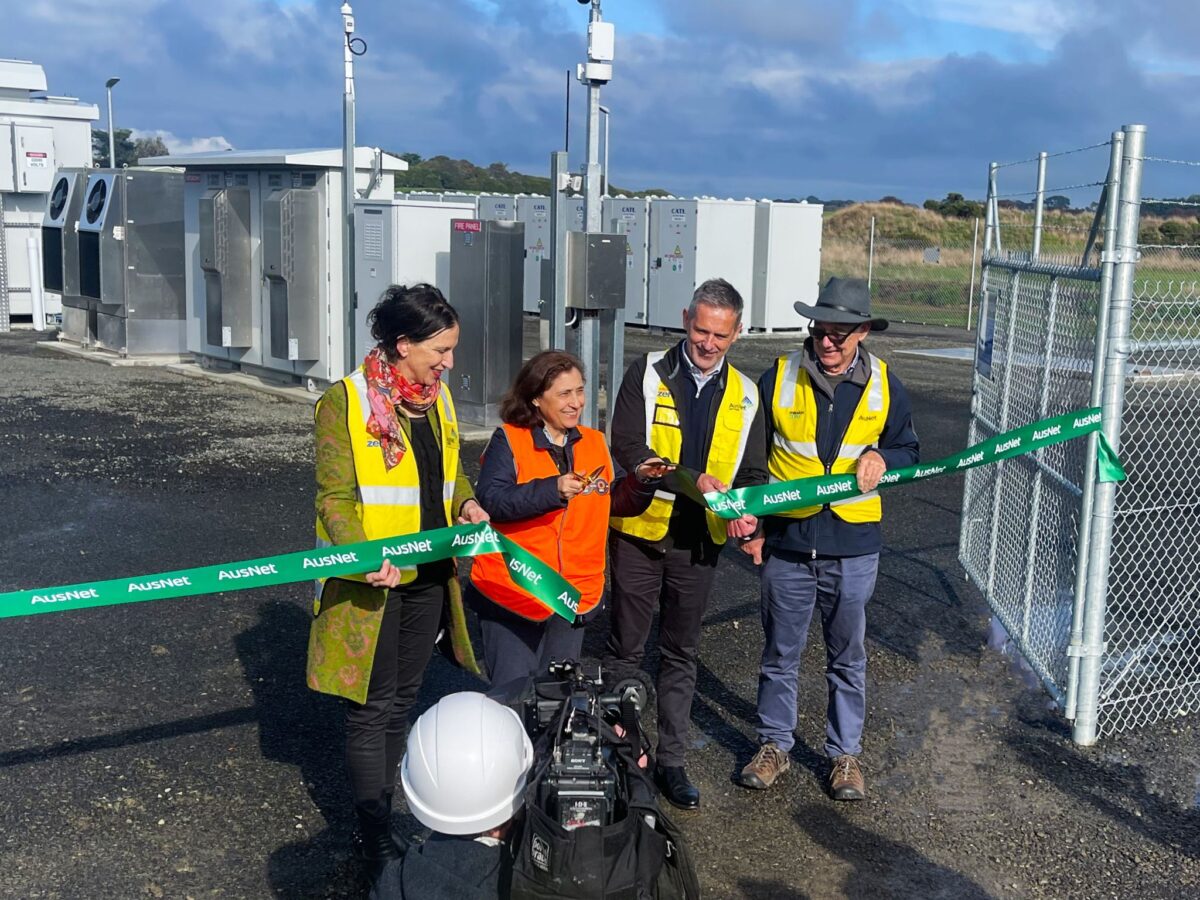With a move to accelerate planning approvals for renewable energy projects in Victoria, the state government has given this high priority with the pathway of the Development Facilitation Program (DFP). This manoeuvre gives renewable energy projects the same expediency as other significant works such as the Big Housing Build.
The change will now mean that all new renewable energy projects in Victoria will no longer be subject to planning panel process and third-party appeals at the Victorian Civil and Administrative Tribunal (VCAT). The Victoria State Government today stated that this ensures that objections that have been resolved or dealt with are not caught in VCAT during the final ‘notice of decision’ stage. Until now, some projects have been delayed by two years in this phase.
Minister for Energy and Resources Lily D’Ambrosio said, “Victoria’s old coal-fired generators are closing, and the cost of fossil fuels are rising globally – and streamlining planning approvals for the cheapest form of new build power generation is so important.”
The faster pace is to be facilitated by a dedicated facilitation team that will oversee all renewable energy applications. The state government also assures that projects will also be continually monitored so tht blocks can be identified earlier and more rapidly resolved.
Even with an accelerated process, the state government is making assurances that voices of communities that want to raise concerns about a given project will continue to be protected as third party objections will continue to have a place in the approvals process.
Premier Jacinta Allan promised, “We will cut the red tape holding back projects that provide stronger, cheaper power for Victorians.” Minister for Planning Sonya Kilkenny underlined the goal of ensuring that more projects can provide Victorian households with cheaper and cleaner energy.
The Clean Energy Council has welcomed the changes under the DFP, saying that uncertainty on planning process timeframes and outcomes has been a leading cause of delay in the state.
Clean Energy Council Director of Energy Generation & Storage, Nicholas Aberle, said, “Our understanding is that renewable energy developers will still need to self-assess whether an environmental effects statement (EES) is required.” He noted that currently, projects that require an EES are ineligible for the DFP pathway, saying that this would cover many wind projects. “This should be reviewed to ensure today’s announcement delivers on the acceleration it intends to provide,” he said.
This content is protected by copyright and may not be reused. If you want to cooperate with us and would like to reuse some of our content, please contact: editors@pv-magazine.com.








1 comment
By submitting this form you agree to pv magazine using your data for the purposes of publishing your comment.
Your personal data will only be disclosed or otherwise transmitted to third parties for the purposes of spam filtering or if this is necessary for technical maintenance of the website. Any other transfer to third parties will not take place unless this is justified on the basis of applicable data protection regulations or if pv magazine is legally obliged to do so.
You may revoke this consent at any time with effect for the future, in which case your personal data will be deleted immediately. Otherwise, your data will be deleted if pv magazine has processed your request or the purpose of data storage is fulfilled.
Further information on data privacy can be found in our Data Protection Policy.